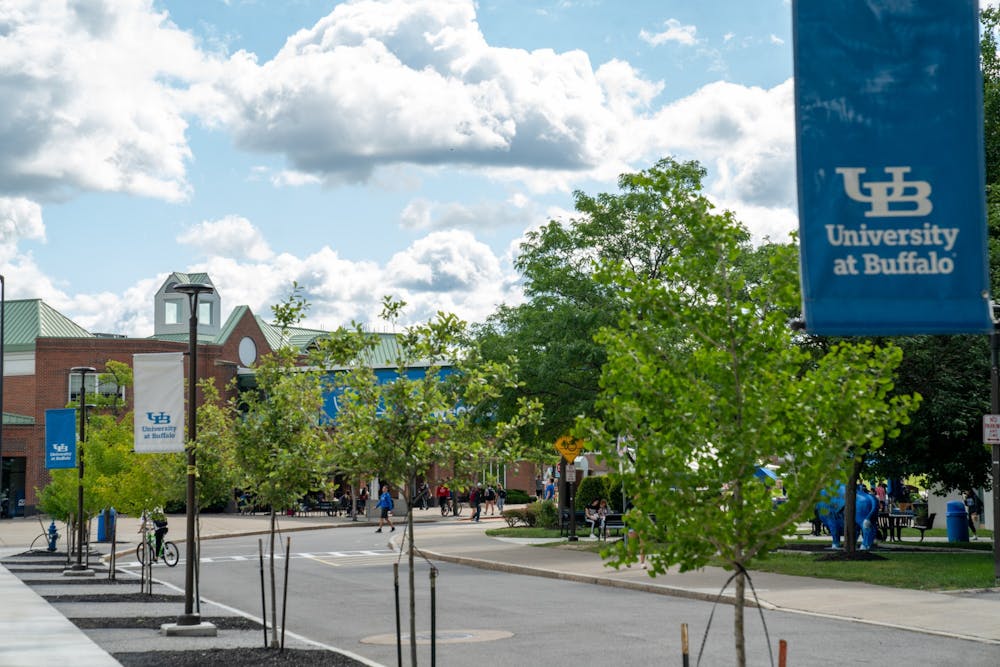UB has received a $293,000 grant to build micro-credential training courses for computer science department faculty.
The grant, which was awarded by the National Science Foundation and will last two years, aims to support neurodivergent students studying computer science.
Neurodivergent individuals socialize, learn and process things differently from neurotypical individuals. Neurodivergent individuals include people with various disabilities, such as attention deficit hyperactivity disorder (ADHD), obsessive-compulsive disorder (OCD), autism and various learning disabilities.
Neurodiversity posits that brain differences are normal, rather than deficits.
Neurodivergent students are “attracted to STEM career paths and possess traits that would make them valuable members of the United States’ computing force,” Sam Abramovich, associate professor of learning and instruction and information science in the Graduate School of Education, said in a statement.
The micro-credential courses will teach computer science faculty how to tailor their practice toward neurodivergent students. Faculty who successfully complete the course can display their micro-credential on their faculty profile, which will indicate they foster a safe space for neurodivergent students.
The research team consists of four UB researchers.
It will be co-designed by that team and the UB Open Education Research Lab. The training will educate faculty and staff on a series of skills and is intended to be a pilot course for faculty and staff across the country to support students with ADHD.
The grant began on Oct. 1, according to WBFO.
Dan Eastman is the assistant managing editor and can be reached at danielson.eastman@ubspectrum.com

Dan Eastman is the assistant managing editor at The Spectrum. He is a senior geography major who loves Starbucks iced americano. When he isn’t writing and editing he is trying to find the best donut and cookie shops in Buffalo. He can be found on Twitter @TheEastMan2000.





